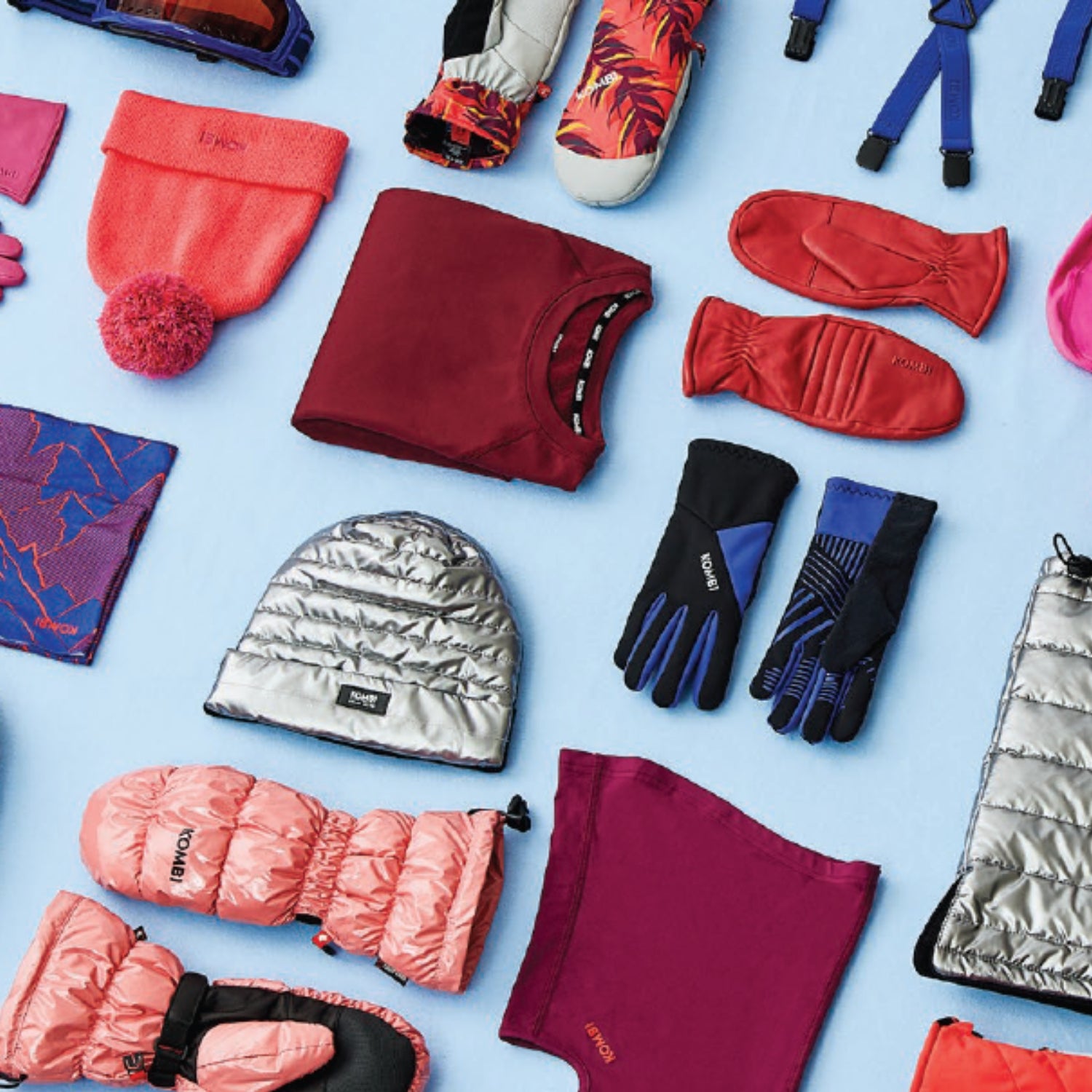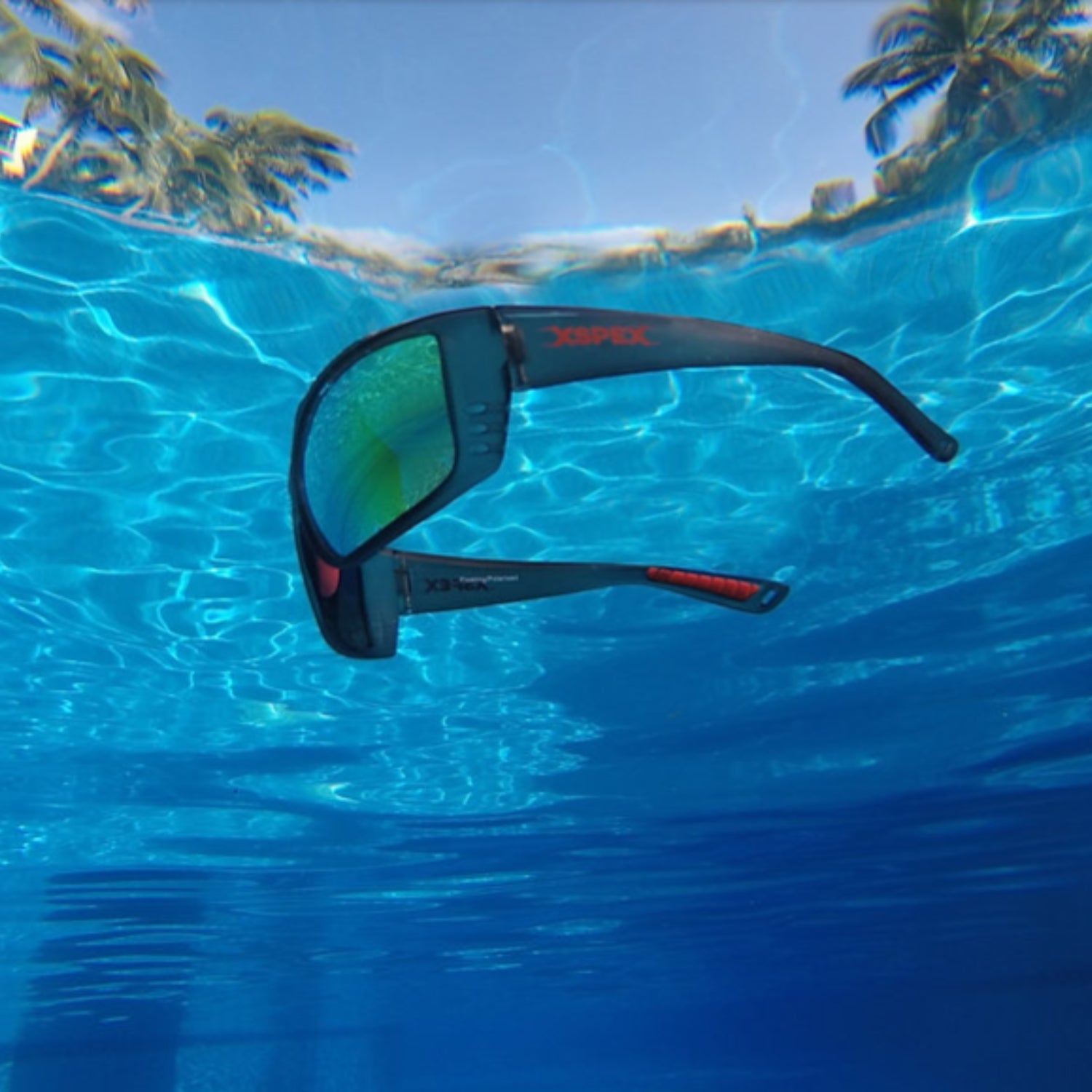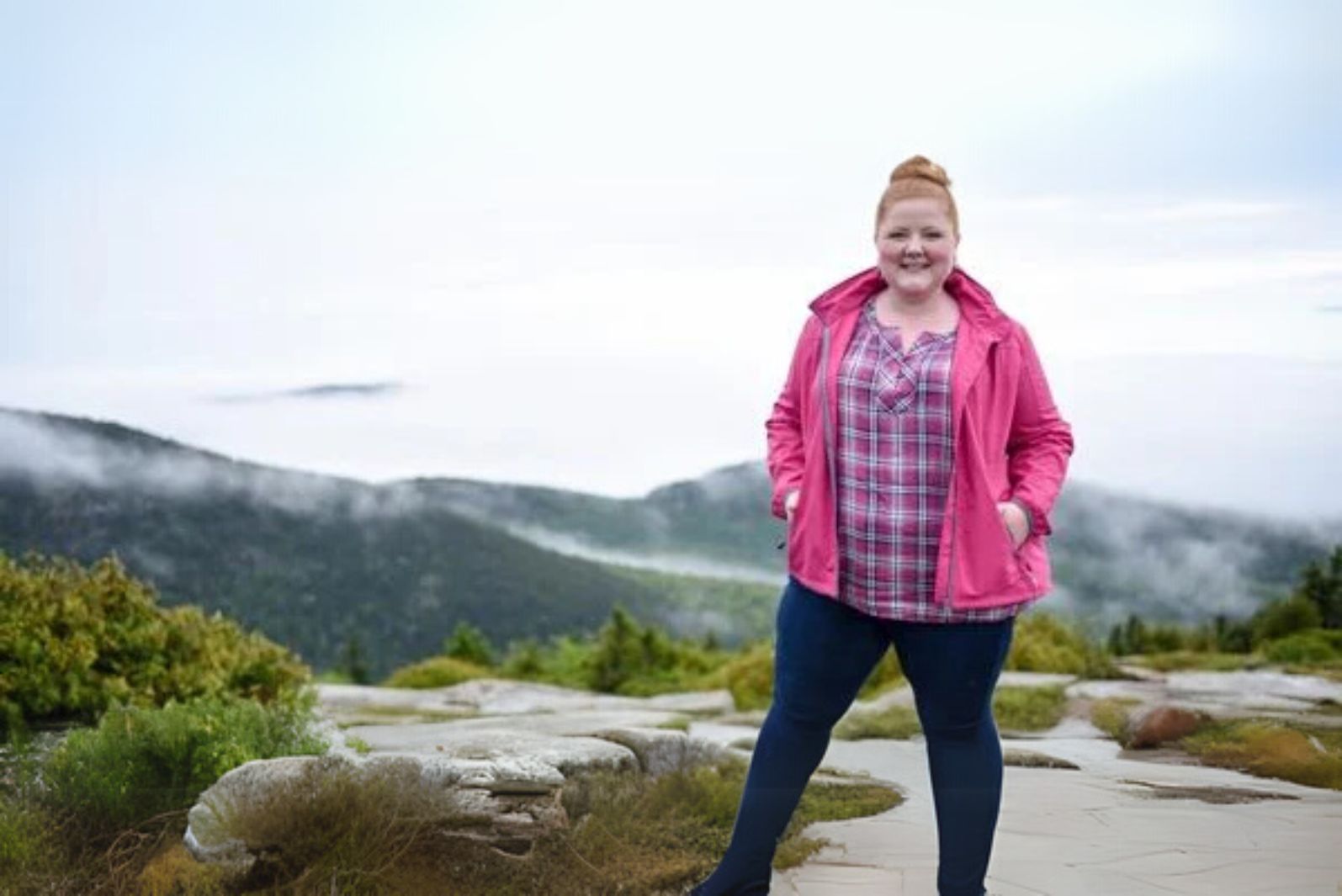5 things you need to know before signing up for your first 5K race

Training for your first 5K race can be both exhilarating and challenging, so crossing your first finish line is likely to be one of the unforgettable events in your life. I still remember my first 5k run like it was yesterday. This race was for me such a memorable and positive experience, something that pushed me to go back to do races that exceed 5 km.
That's why it's important to choose your first race wisely and consider all aspects before signing up. It is very important to evaluate each race separately, because a negative experience can be fatal for your future racing plans. After having participated in many races, I am convinced that for each event it is always necessary to analyze its strong points and its negative points which must be improved, so I was able to conclude what a great race is.
 Louise Green, Coach, Author, Activist and Athlete
Louise Green, Coach, Author, Activist and Athlete
Louise Green is a world-class fitness trainer, activist and author, changing the narrative and idealistic norms of our fitness culture.
Her fitness career began in 2008 when she opened the first plus size fitness franchise, Body Exchange.
As an influential changemaker, Louise has helped thousands of plus size women find their inner athlete and love their bodies. By speaking, writing and coaching women online, she led the charge in creating a more inclusive fitness movement across the world.
Breaking the barriers of traditional fitness, Louise is the first plus size athlete to be featured in prestigious publications such as Triathlete Magazine, Bicycling Magazine, Canadian Running and Runner's World UK. Louise is the author of Big Fit Girl and a SELF Columnist.
Would you like to follow her?
https://www.louisegreen.ca/
https://www.facebook.com/louisegreen.bigfitgirl/
https://www.instagram.com/louisegreen_bigfitgirl/
Like anyone who wants to start a training plan, the first thing I recommend is to do your research and sign up for a 5k event. Typically, training for a 5K race follows a 12 week process and unfortunately there can be a lot of deviations, but with the confirmation of your race your goal becomes tangible and a new sense of responsibility will help you get there. focus mentally and physically.
A sense of what type of experience you would like to have will accompany you throughout the process of researching information about running. Are you thinking of something fun, all-inclusive or something more competitive? Today there is an array of races ranging from color races, zombie races to obstacle races, special races for charity or just a simple medium 5k race event. The races have become very popular and the range of events is vast.
Personally I have run myself, and I have also taken my clients to races, and it was both incredibly useful for some, while other participants had finished the race before crossing the finish line. arrival (unfortunately it was a total disappointment). My goal is to avoid this kind of disappointment.
Honestly the races have become very abusive in terms of raising funds and raising awareness of the causes of the event. You can easily expect to pay between $15.00 and $80.00 to register for a race. Some offer technical jerseys, others goodies, while others don't include anything extra, it's always worth checking what's included in your race registration.
A good race must be subject to the supervision of volunteers, an orientation, an abundant supply of hydration and a welcome at the finish line.
For some races medals are offered, and often these are reflected in the price. Most races offer snacks, drinks or entertainment at the finish line, but it will usually depend on the entry fee to see these kinds of benefits.
Here are the 5 things to look out for when choosing your 5K run or walk:
- Find running related information such as category, fun, walking, running, dressing, accessibility, etc. This is a sure sign that the event is organized to be a positive and open experience at all levels.
- Fun events often offer the option of being timed or untimed. For any untimed event, it is clear that it is a non-competitive event that is organized to provide everyone with the opportunity to have a positive experience.
- National events, such as the "Run for the Cure" (Canada), have a history and show a good track record in terms of participation and organization. "Run for the Cure" is a very inspiring event making this run a very good women's cause. Always look for events in your area that have been around for a while and have proven successful.
- Check if the race will be at altitude, in congested areas or on busy streets. Check if it's on the sidewalk or on trails, because running or walking on a road is totally different. It is important to know the terrain and the course of your race to ensure that there are no unpleasant surprises. When you register there should be an online race map. So training in advance makes the event very familiar.
- It is also important to research how your race is supported. Are there first aiders, water distribution points, support teams, routes and clearly posted directions? Usually, this information will be noted on the website during registration. At a minimum, they should tell you what is available on the road to the water distribution points.
Knowing all the details before you go will allow you to have a great racing experience, now you have it!







Leave a comment
This site is protected by hCaptcha and the hCaptcha Privacy Policy and Terms of Service apply.